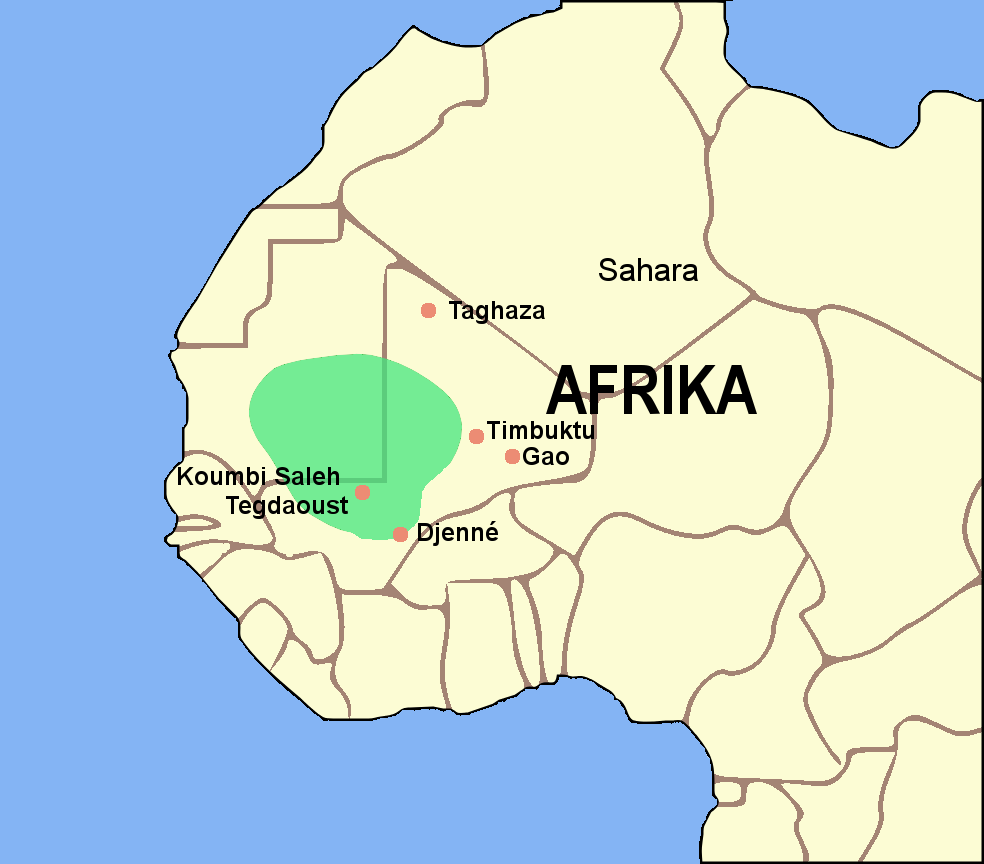les six potences etc
the six gallows/Forgive, may you forgive us all
Villon’s Epitaph (Ballade of the Hanged Men)
Villon’s Epitaph (Ballade of the Hanged Men)
O brother men who after us remain,
Do not look coldly on the scene you view,
For if you pity wretchedness and pain,
God will the more incline to pity you.
You see us hang here, half a dozen who
Indulged the flesh in every liberty
Till it was pecked and rotted, as you see,
And these our bones to dust and ashes fall.
Let no one mock our sorry company,
But pray to God that He forgive us all.
If we have called you brothers, don’t disdain
The appellation, though alas it’s true
That not all men are equal as to brain,
And that our crimes and blunders were not few.
Commend us, now that we are dead, unto
The Virgin Mary’s son, in hopes that He
Will not be sparing of His clemency,
But save our souls, which Satan would enthrall.
We’re dead now, brothers; show your charity
And pray to God that He forgive us all.
We have been rinsed and laundered by the rain,
And by the sunlight dried and blackened too.
Magpie and crow have plucked our eyeballs twain
And cropped our eyebrows and the beards we grew.
Nor have we any rest at all, for to
And fro we sway at the wind’s fantasy,
Which has no object, yet would have us be
(Pitted like thimbles) at its beck and call.
Do not aspire to our fraternity,
But pray to God that He forgive us all.
Prince Jesus, we implore Your Majesty
To spare us Hell’s distress and obloquy;
We want no part of what may there befall.
And, mortal men, let’s have no mockery,
But pray to God that He forgive us all.
[Translated by Richard Wilbur]





